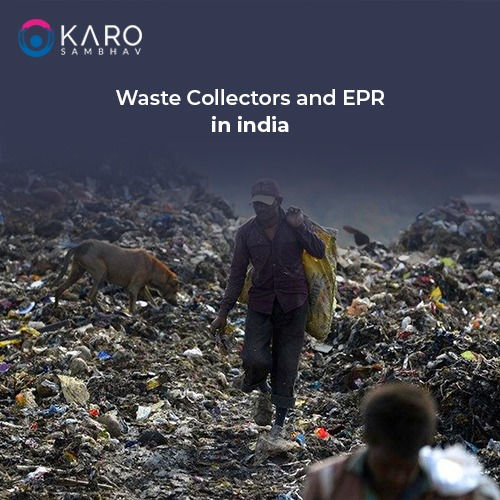The Importance of Responsible Glass Disposal
- Karo sambhav
- Apr 17, 2024
- 2 min read
Updated: May 3, 2024

Glass is an amazing substance. It can be crushed and recycled into new bottles and jars for many generations because it is infinitely recyclable. On the other hand, inappropriate handling of glass waste may harm the ecosystem. Let's examine the significance of disposing of glass responsibly and the environmental advantages it offers.
The Problems with Glass Waste
In landfills, glass does not biodegrade. Although it does not naturally break down and emit toxic methane as organic waste does, it does take up valuable space and may take millions of years to do so. Glass that is disposed of incorrectly can also hurt wildlife and sanitation personnel.
The Power of Responsible Recycling
The good news is that glass is among the most recyclable materials available.Responsible recycling keeps glass out of landfills and has numerous environmental benefits:
Energy Conservation: Heating raw materials such as sand, soda ash, and limestone is necessary for the production of new glass. Recycling glass requires up to 40% less energy than producing new glass from scratch. This translates into a large reduction in greenhouse gas emissions, which will aid in the fight against climate change.
Resource Conservation: Recycling glass minimises the requirement for virgin materials, saving our natural resources for future generations. Each tonne of recycled glass saves more than one tonne of raw resources required for new glass manufacturing.
Reduced Pollution: The process of producing new glass pollutes the air and water. Responsible recycling drastically decreases the environmental impact.
Beyond Bottles: Glass Waste Management Solutions
While most people connect glass waste management with bottles and jars, there are other kinds of glass to consider.
Glass Scrap: Construction and demolition projects frequently produce large volumes of glass scrap. This trash can be recycled and used in a variety of applications, including road-based materials and landscaping items.
Pyrex Glass: While most glass is recyclable, heat-resistant Pyrex cannot be recycled using typical methods due to its unique composition. However, certain recycling facilities will accept Pyrex for downcycling into non-container items.
Finding Responsible Recycling Options
The key to responsible glass disposal is knowing where to recycle. Here are a few tips:
Check Local Regulations: Recycling programmes and restrictions differ by location. Check with your local waste management authority or recycling service provider to find out what varieties of glass are accepted in your area.
Look for Recycling Symbols: Most glass containers include a recycling symbol and a number denoting the type of glass. This ensures that the glass is placed in a suitable bin for recycling.
Clean and Sort: Rinsing food or beverage residue from glass containers before recycling contributes to the cleanliness of the recycling stream. In addition, some programmes may necessitate the separation of coloured and clear glass.



Comments